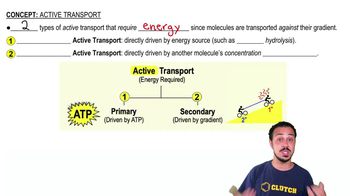Which of the following would be the first step in the biosynthesis of a virus with reverse transcriptase?
a. A complementary strand of RNA must be synthesized.
b. Double-stranded RNA must be synthesized.
c. A complementary strand of DNA must be synthesized from an RNA template.
d. A complementary strand of DNA must be synthesized from a DNA template.
e. none of the above



